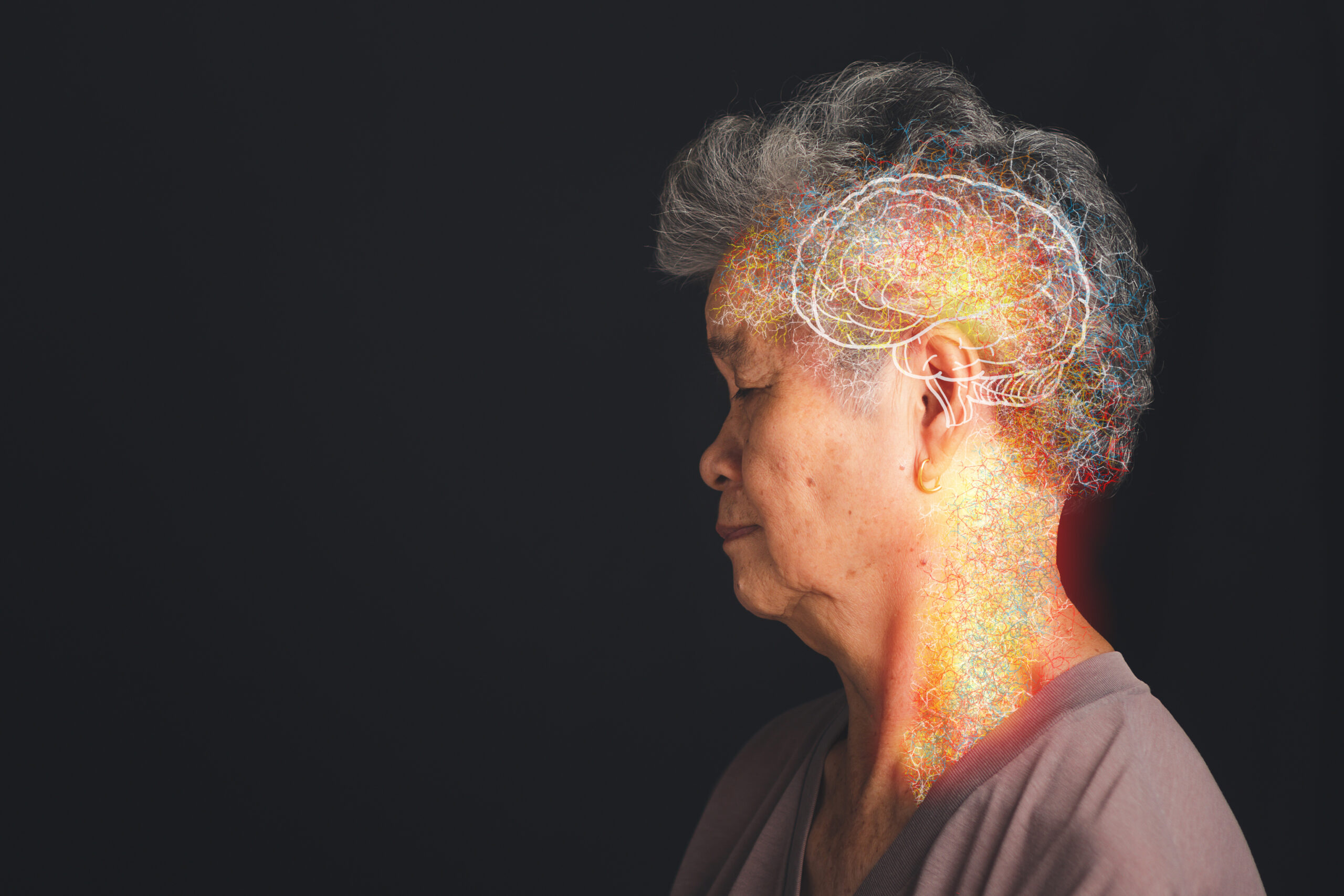Why Your Bones Get Weaker-And How to Stop It
Bones are the foundation of our bodies, providing structure and support. However, they can become weaker over time due to various factors. Understanding these causes is crucial for maintaining strong bones throughout life.
One of the primary reasons bones weaken is due to **nutritional deficiencies**. Essential nutrients like calcium, vitamin D, and vitamin K play a vital role in bone health. Calcium is a key component of bone structure, while vitamin D helps the body absorb calcium. Vitamin K2 is also important as it helps bind calcium to the bone matrix. A diet lacking these nutrients can lead to weakened bones, conditions like osteoporosis, and even rickets in children, which is characterized by soft and weakened bones.
Another significant factor is a **sedentary lifestyle**. Regular physical activity, especially weight-bearing exercises, is crucial for maintaining bone density. When we don’t engage in enough physical activity, our bones can weaken over time. This is because bones respond to stress by becoming stronger, a process known as bone remodeling.
**Hormonal changes** also affect bone health. For women, menopause can lead to a decrease in estrogen levels, which are important for maintaining bone density. Similarly, men experience a decline in testosterone levels as they age, which can also contribute to bone weakening.
**Aging** is another factor that contributes to bone weakening. As we age, our bones naturally lose density, making them more susceptible to conditions like osteoporosis. This condition is characterized by weak and porous bones, increasing the risk of fractures.
To prevent bone weakening, it’s essential to adopt a healthy lifestyle. This includes **eating a balanced diet** rich in calcium, vitamin D, and vitamin K. Engaging in **regular exercise**, particularly weight-bearing activities like walking or running, can help maintain bone density. Additionally, avoiding harmful habits like smoking and ensuring adequate **sun exposure** for vitamin D production can also support bone health.
In some cases, **medical conditions** like osteoporosis or scoliosis can affect bone strength. Osteoporosis can lead to scoliosis by weakening the vertebrae in the spine, increasing the risk of vertebral compression fractures. Managing these conditions through proper medical care and lifestyle adjustments is crucial.
By understanding the causes of bone weakening and taking proactive steps to maintain bone health, we can reduce the risk of developing conditions like osteoporosis and ensure stronger bones for a healthier life.





